It must be painful to see the rejection letter from your dream school (ISB) when you have spent months preparing for the application be it taking the GMAT, writing essays, or preparing for the interview. It is okay to not be okay. But don’t stay in the rejection zone. It’s meant to help you introspect so that you can bounce back even stronger. So, move on and start planning on how to increase your chances of getting admission to ISB in your next attempt. Rejection does not mean you are not fit, it means you missed portraying your potential in the best way.
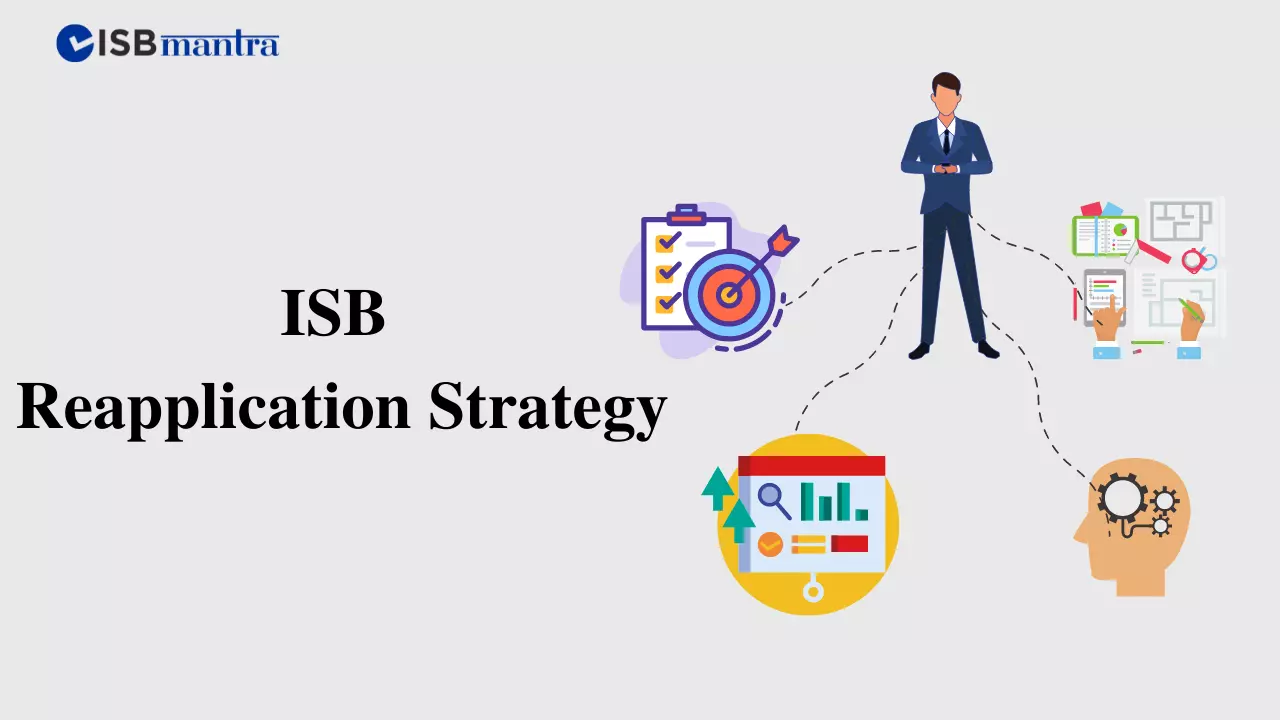
What to do after rejection from ISB?
Before analyzing what went wrong, it is important for you to take a break and make your mind peaceful. Just stressing yourself immediately after the rejection won’t work. Relax! Breath! Do something that makes you feel better. Go on a vacation, talk to an old friend, spend time with family or friends, and develop a new routine like yoga or a morning walk.
Once you feel calm and relaxed, start working on your application. So, how should you start? We have the answer for you in this article. We have discussed a detailed step-by-step guide on how to create a rejection recovery plan for ISB.
Take a look at Vidhi’s Amazing Successful Reapplication Strategy
ISB rejection recovery plan for reapplicants
Step-by-step guide for ISB rejection recovery plan:
- Analyze the reason for your rejection
- Build a strong profile
- Improve your candidacy
- Understand the re-application process
- Decide which round to apply
- Get feedback from experts
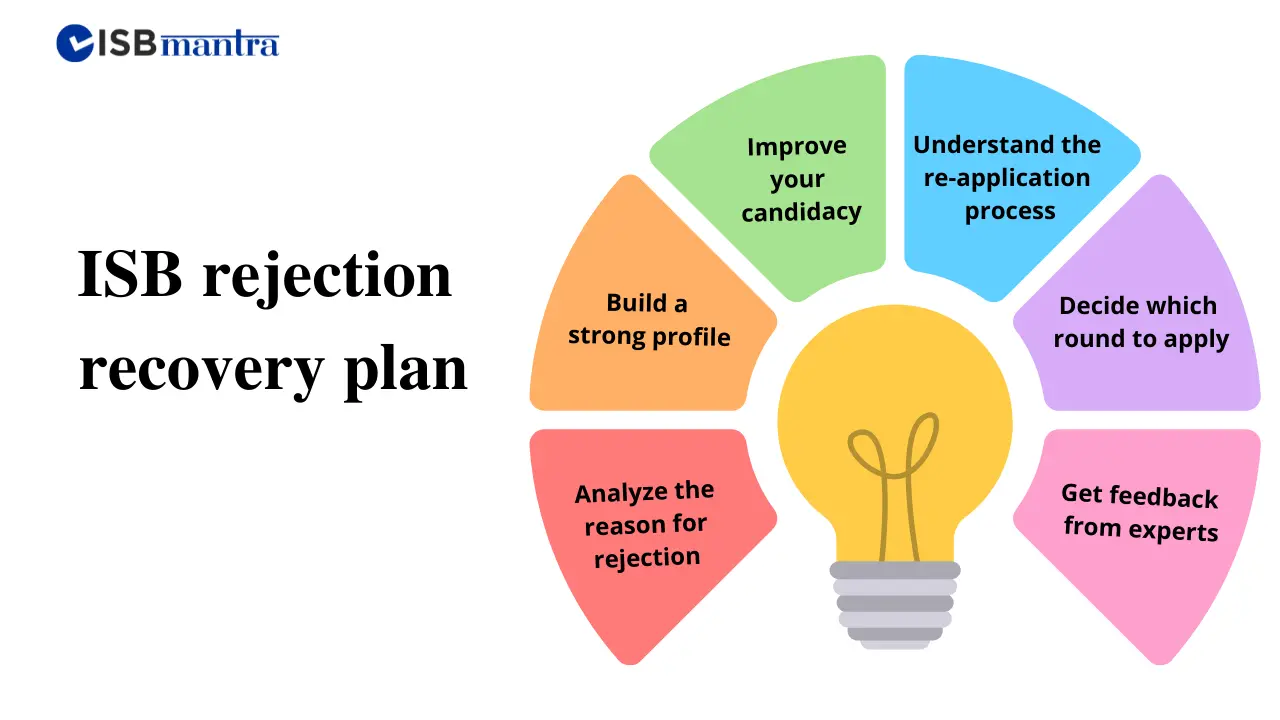
Analyze the reason for your rejection
A successful recovery plan starts with analyzing the reason for the rejection.
Questions to understand your reasons for rejection
- Was I clear about my goal?
- What are my strengths and weaknesses?
- Did I have the required GMAT/GRE score?
- Were my essays up to the mark?
- How did I do in the interview?
- Did I communicate clearly?
- Was my body language correct?
When you have asked these questions to yourself, you must have figured out or at least have an idea of where you lacked in the last attempt. Once you know where you lack, you should start working on building a strong profile.
Build a strong profile
ISB is well known for its diverse class profile. Analyze the class profile for what GMAT score they had, how many years of experience they possess, what kind of achievements they had, etc. This will give you exposure to what kind of profile the candidates bring to the class of ISB and how to position yourself as uniquely as possible.
Here are some tips to build a strong profile that can impress the Admissions Committee:
- Certificate courses
- Internships
- Keep yourself updated on the latest economic trends
- Learn a new language
- Gain International exposure
- Attend admission events conducted by ISB Admissions Committee to understand their requirements
- Attend conferences
- Consider retaking the GMAT if your score was lower
- Work hard for the promotion which you think might boost your profile
Academic credentials are not the only criteria for admission, hence introspect your profile and start working on how to build a well-rounded profile.
ISB admission events, check here for the latest admission events conducted by ISB.
Improve your candidacy
Building a strong profile alone is not enough to increase your chances of admission to ISB, it is also important to highlight and communicate what you have built.
- Think about how to write essays in a better way highlighting your skills
- Work on your body language
- Work on your communication skills
- Take more mock interviews if required
- Reconsider your recommender
ISB Letter of Recommendation, in this article we have discussed in detail how and when to choose the recommender.
It is more important to work on your weaknesses along with enhancing your strengths to prove your capability to the ISB admissions committee.
The prime question for any PGP applicant would be ‘Why MBA?’ The motive of this question is to understand whether you are clear about your short-term and long-term career goals. It is also important to have a solid answer about what value it is going to add to your profile and what value you are going to add to the ISB PGP class.
Hence, be prepared to explain how your career goals are aligned with the learning prospects of ISB.
Understand the re-application process
The process of reapplying to ISB is the same as applying for the first time except that you have to write an additional essay (reapplicant essay), mentioning improvements in your profile. This is the best opportunity to prove your eligibility for getting admission to ISB as a reapplicant. Hence, make use of it wisely.
Reapplicant Essay Analysis, in this article we have discussed in detail how to write a reapplicant essay.
Decide which round to apply
Being aware of the re-application process, the next step is to decide which round to apply to ISB. As you know, there are three rounds for the ISB PGP application. Applying in any round does not increase or decrease your chances of getting admission to ISB.
However, as a reapplicant, you need to decide which round to apply to based on the time you take to analyze and create a well-rounded profile that would increase your chances of getting an admit.
Get feedback from experts
Nobody likes to see the rejection from ISB the second time after doing all the hard work. Though you know what went wrong and how to correct it, it is advisable to reach out to professionals who can help you frame your application in a better way this time.
Sometimes you might have missed noticing your flaw which could have caused the rejection. So it is always better to get it checked and corrected by ISB admissions consultants.
Schedule a call now with the former ISB Admissions Officer
We can guide you with the ISB reapplication strategy.
Sign up now for free to schedule a call.
Case study: Aditya Dev’s re-application strategy
Aditya, who has a bachelor’s degree in Computer Science from SRM University, Chennai explains how he strategized his ISB PGP application and interview as a reapplicant. He has 2.5 years of experience in Healthcare Analytics and Consulting at ZS Associates and PWC. He shares how ISBmantra helped him put together the pieces of his profile into a unique story which helped him gain confidence.

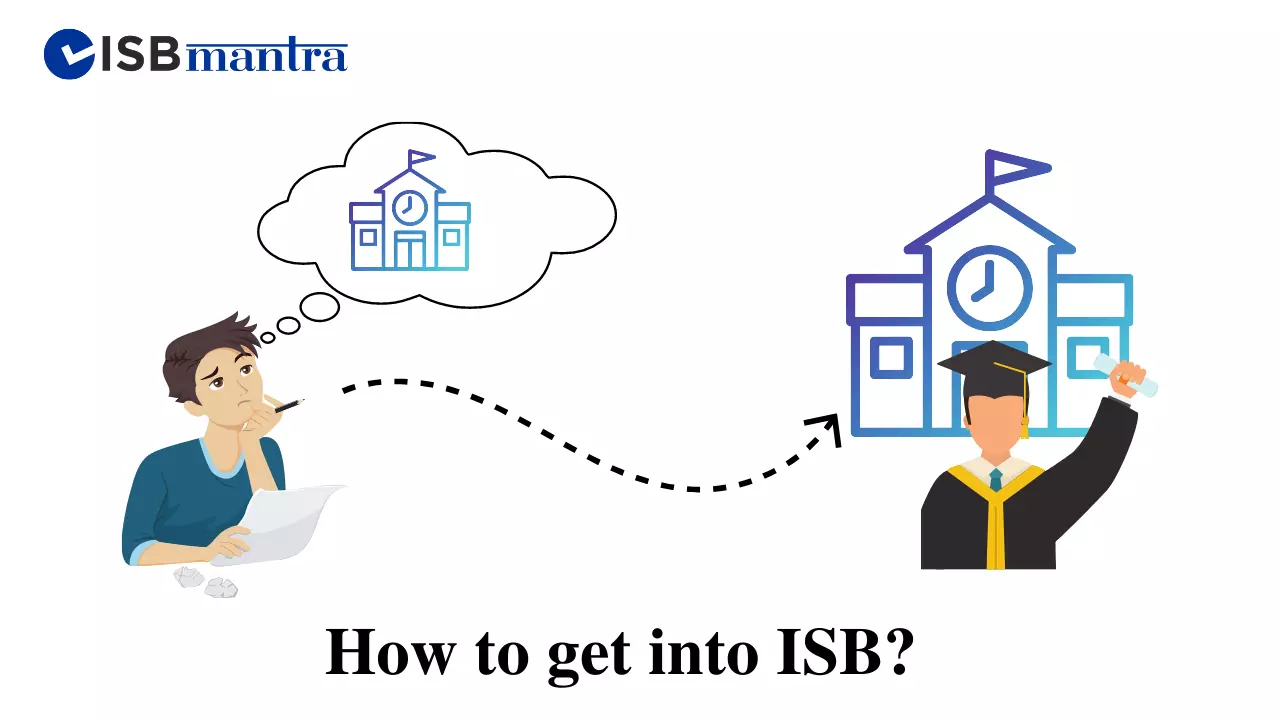
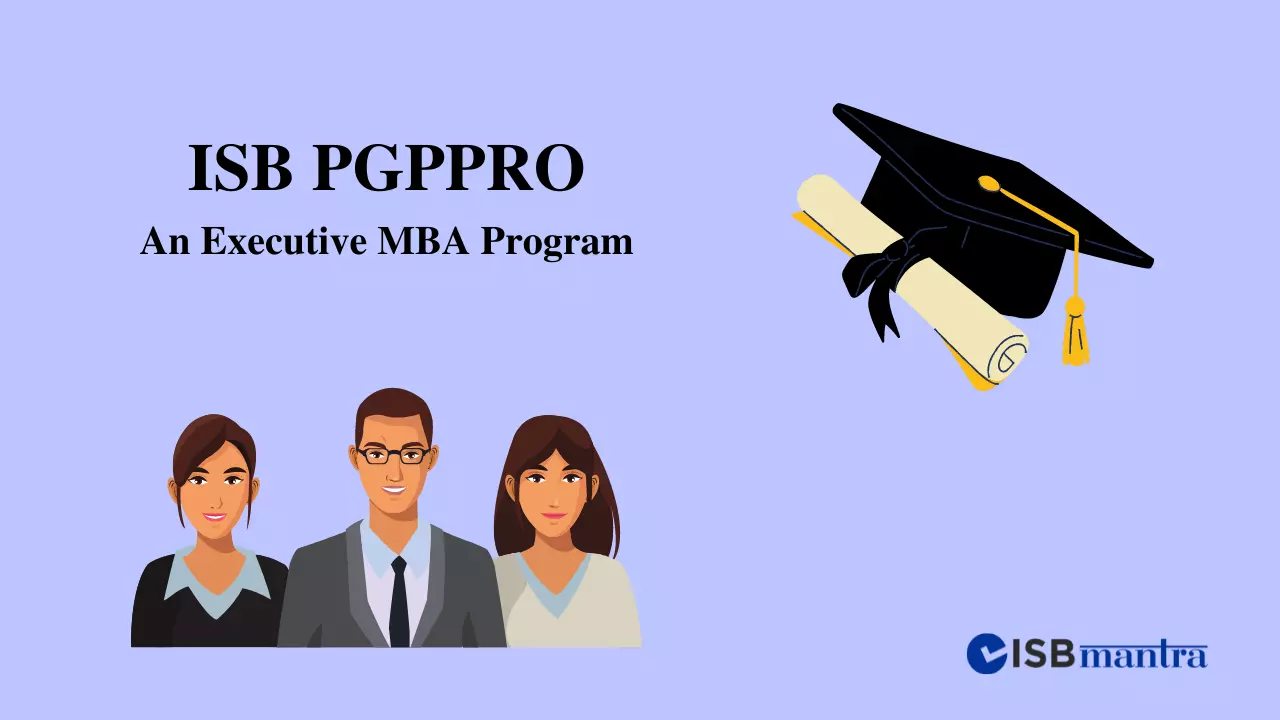
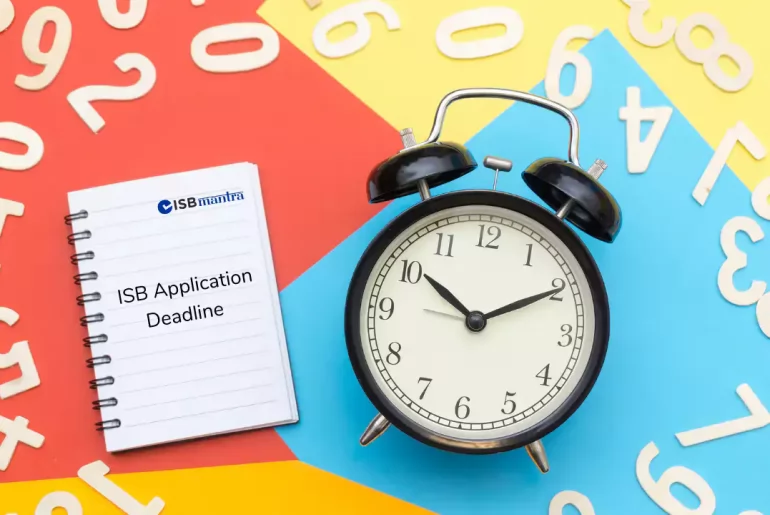

 ISB PGP & YLP preparation timeline.
ISB PGP & YLP preparation timeline.


Comments are closed.